Financial Forecasting for Small Businesses: Plan with Precision
CFO Plans
SEPTEMBER 24, 2024
By predicting future financial outcomes based on historical data, market trends, and economic indicators, small businesses can navigate uncertainty, plan for growth, and ensure long-term sustainability. It involves predicting future financial outcomes by analyzing past and present financial data, market trends, and economic conditions.


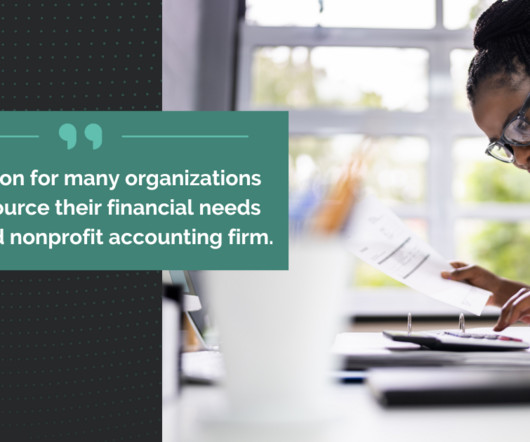

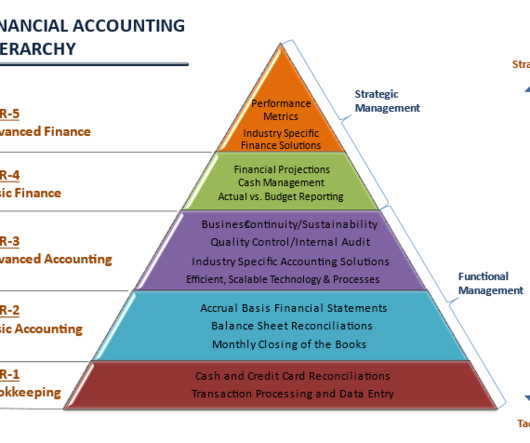
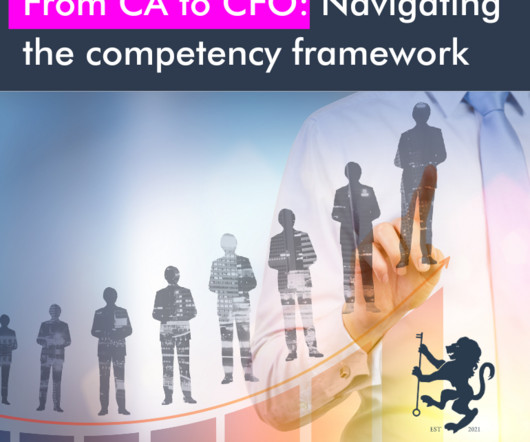

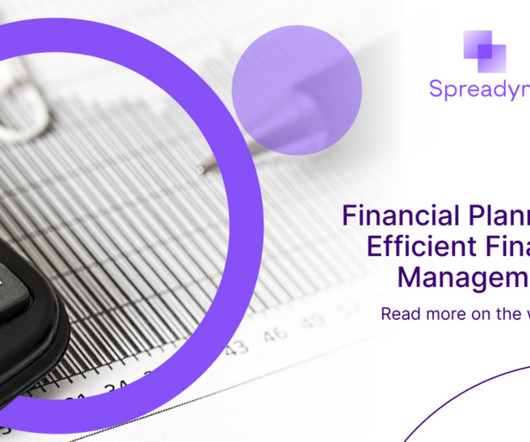

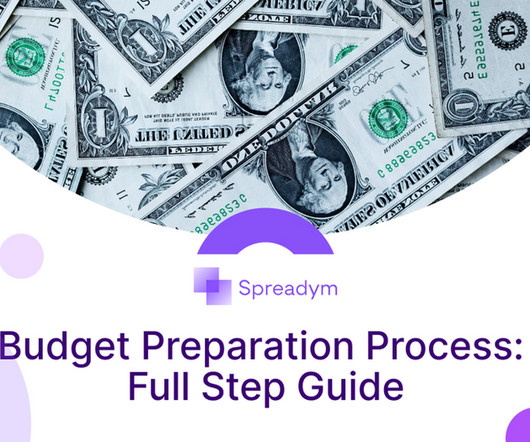












Let's personalize your content